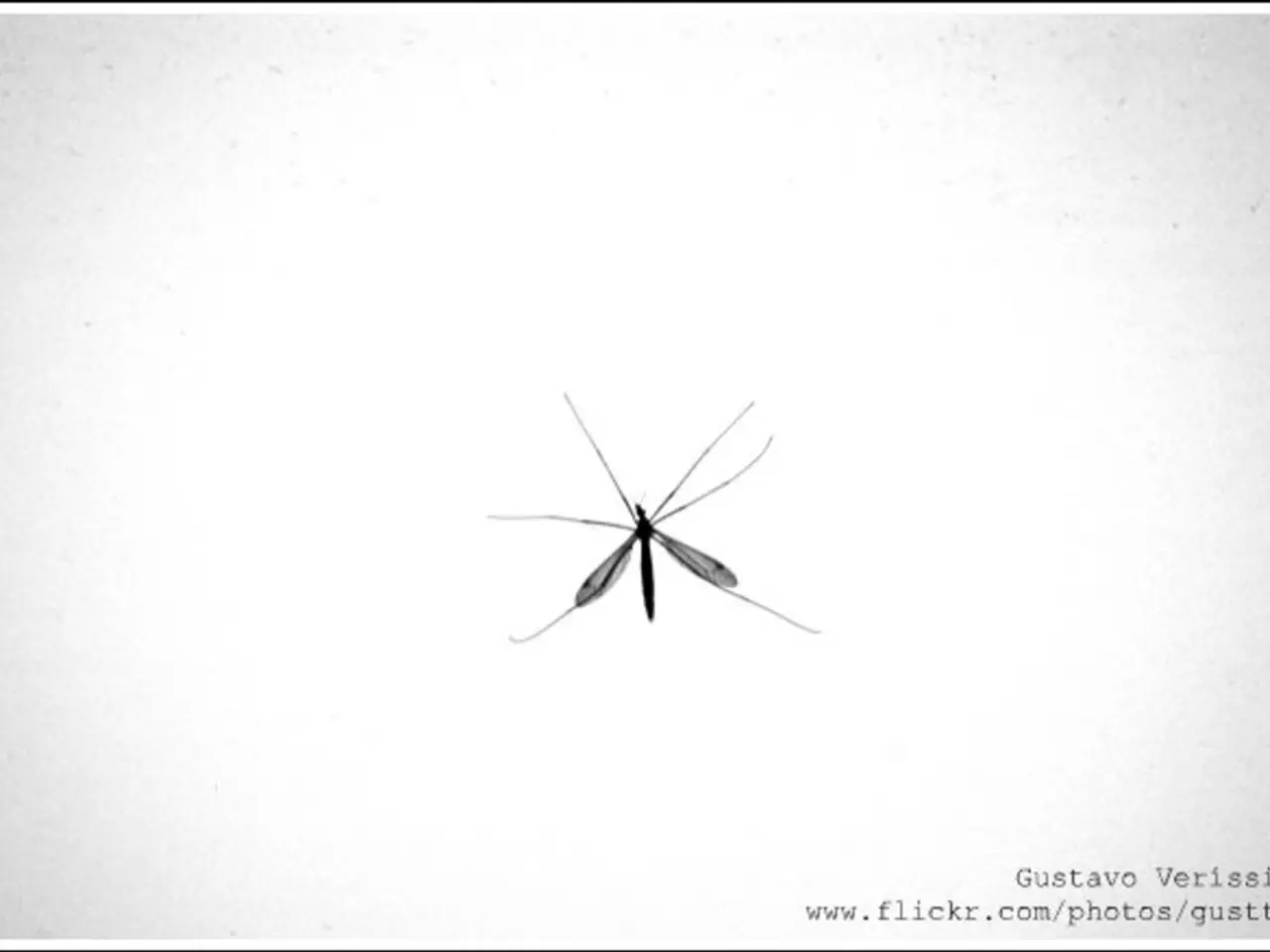Warnings Issued by Ministry of Environment: Unauthorized Entry into Saarland Could Potentially Spread African Swine Fever
In recent news, African Swine Fever (ASF) has been confirmed in several German states, including North Rhine-Westphalia. This highly contagious animal disease affects only domestic and wild pigs, and poses no health risk to other animals or humans. However, it is often fatal for the affected animals.
The Saarland Ministry of the Environment has issued a warning due to the spread of ASF in Germany. To prepare for potential cases in the Saarland, the ministry has taken steps to raise awareness and implement necessary precautions.
For instance, the ministry's animal disease experts are planned to participate in an interdisciplinary and cross-border animal disease exercise in Lower Saxony this year. Additionally, the ministry has deployed and trained specialized cadaver-search dogs to detect infected wild boar carcasses.
Hunters and farmers in Saarland are advised to pay particular attention to necessary hygiene and biosecurity measures when returning from vacation. This includes compliance with federal monitoring regulations involving sample collection from hunted or found wild boars and transmitting detailed data on location, date, and abnormalities to authorized authorities.
Caution is also advised for vacationers planning to visit zoos, animal parks, or farms in Saarland after their return. It is crucial to adhere to official guidelines, such as closed paths, when traveling to a federal state with confirmed ASF cases.
Food should not be disposed of in nature, especially on hiking trails, picnic, and rest areas in Saarland. Meat, raw sausage, and other food containing these items and brought from abroad must not be released into the environment. Disposal should only be via residual waste bins (also at motorway rest areas or parking lots).
Feeding wild animals or distributing food remains outdoors, even in one's own garden, should be avoided. This practice can potentially contribute to the spread of ASF.
No reported cases of ASF have been found in the Saarland as of now. However, preparation seems necessary, as the disease has been confirmed in Rhineland-Palatinate, Hesse, Baden-Württemberg, and North Rhine-Westphalia.
For more general information about African Swine Fever, visit saarland.de/General-Information: Citizens. For an FAQ about ASF, visit saarland.de/ASF-FAQ.
The transmission of ASF occurs not only from animal to animal but also through food such as meat or raw sausages, as well as contaminated clothing, shoes, or animal paws. Therefore, it is essential to maintain vigilance and follow the guidelines provided by the Saarland Ministry of the Environment to prevent the introduction and spread of ASF in the region.
Read also:
- visionary women of WearCheck spearheading technological advancements and catalyzing transformations
- Recognition of Exceptional Patient Care: Top Staff Honored by Medical Center Board
- A continuous command instructing an entity to halts all actions, repeated numerous times.
- Oxidative Stress in Sperm Abnormalities: Impact of Reactive Oxygen Species (ROS) on Sperm Harm








